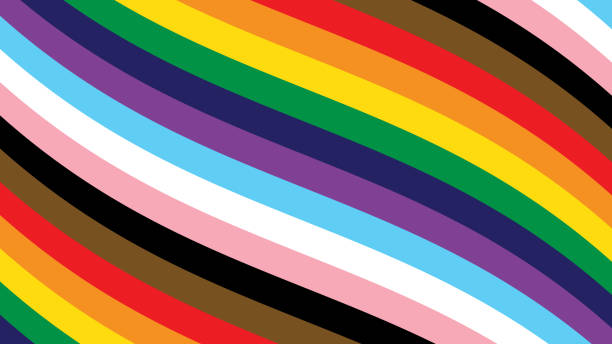Following the 50th anniversary of the Stonewall Riots and PRIDE Month, two of our youth organizers (Willow and Ella) sat down to talk about what pride means to them. Take a look and listen to their words as they explore the impacts of pride, community and power.
What does pride mean to you?
Ella: To me, pride means openly being myself and living my truth. We don’t have to hide our identities anymore, and that’s beautiful. It’s worth celebrating! At the same time, there’s still a lot of progress to be made. Pride is also important because it’s a time for us to be visible, so other people are aware of our struggles and existence.
Willow: For me, pride is about speaking my truth and living in my authenticity. At the same time, we need to acknowledge the transwomxn of color that have got us to this point. Pride events are very white cis gay oriented and are completely blind to the needs of queer/trans POC.
How do you share your pride?
Ella: I share my pride by visibly being myself, without any shame or apology. This is me! I also offer my unconditional help and support to other queer/trans people who are struggling, especially youth.
Willow: I share my pride by showing up for my communities and creating spaces where young queer/trans people can exist and thrive. For me every month is pride month.
How can we make a difference in the current social and political environment?
Ella: Visibility and awareness is huge. We need to include everyone in our movement, taking an intersectional approach to activism. LGBTQ+ people sometimes underestimate how valuable allies are. Minorities are, by definition, a tiny segment of the population. When we can get privileged people’s support, we have so much more power together!
Willow: We can make a difference by showing up for the most marginalized people in our communities and take the labor off marginalized individuals because it takes people with certain privileges to change systems that have been set up to fail LGBTQ folks, POC, people with disabilities, poor folks, rural folks, etc.
What’s it like to be openly trans in Utah (Ella) /Arkansas (Willow)?
Ella: Honestly, it’s much better than I expected. Yes, the majority of Utahns are Mormon, but it hasn’t been a big issue. Sometimes I get the feeling that people are just pretending to accept me, reflecting their “hate the sin but love the sinner” mentality. And a lot of it depends on the specific area – Salt Lake City has a thriving LGBTQ+ community, but rural areas tend to be more homophobic and transphobic. My bishop (the leader of my local congregation) tries to understand and support me, and most of my neighbors follow his lead. Other bishops have excommunicated trans people from their congregations, so a lot really depends on local leadership. Even though I’m not really part of the church anymore, I still feel Mormonism’s influence. It’s pervasive in Utah, for better or worse. I think the hardest thing about growing up under Mormonism is the internalized homophobia and transphobia. Since the day I was born, every adult in my life told me that marriage was between a man and a woman, and that gay people are sinners. Trans people were “confused by Satan.” Even today, it’s hard for me to shake the internalized belief that I’m worth less than someone who was assigned female at birth.
Willow: Being openly trans in the south has been very difficult at times. The constant misgendering in my place of work, school, and in public definitely takes a toll on my mental health. When I was younger I was circulating in and out of southern baptist churches which taught me to believe my femininity and queerness was wrong. I’m not a very religious person at all and I eventually came to realize that the community I was seeking from a church would be filled with the community I felt from other transwomxn. I eventually came to love my body and love my identity but it’s still a struggle at times and I’m always learning and growing.
